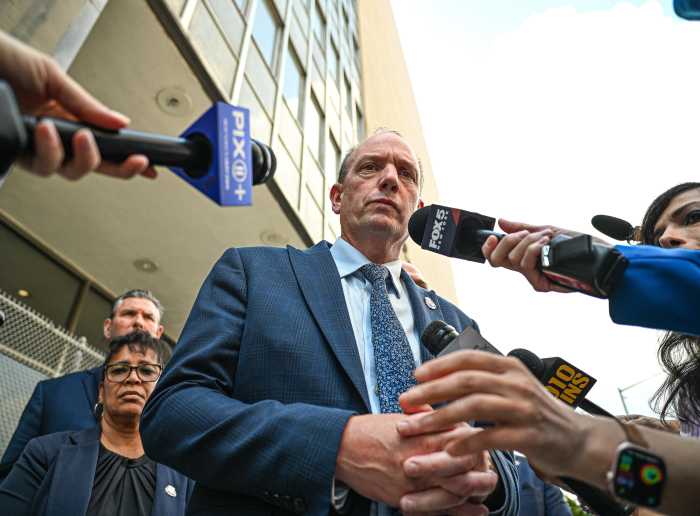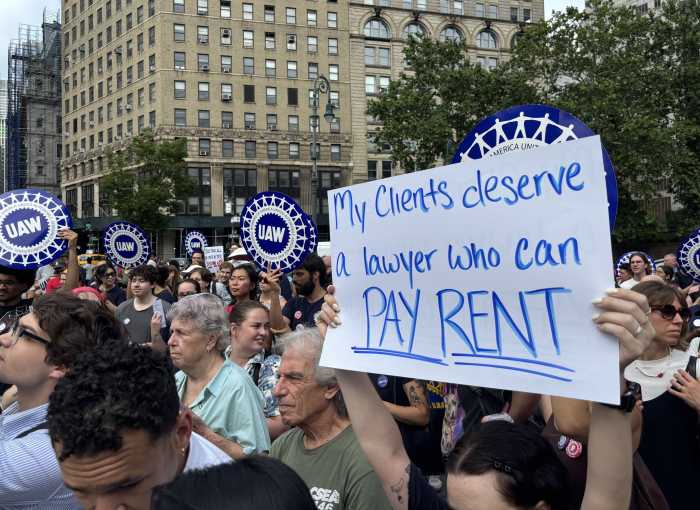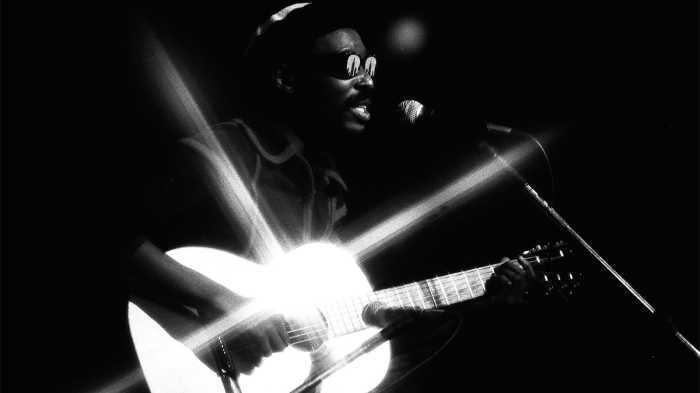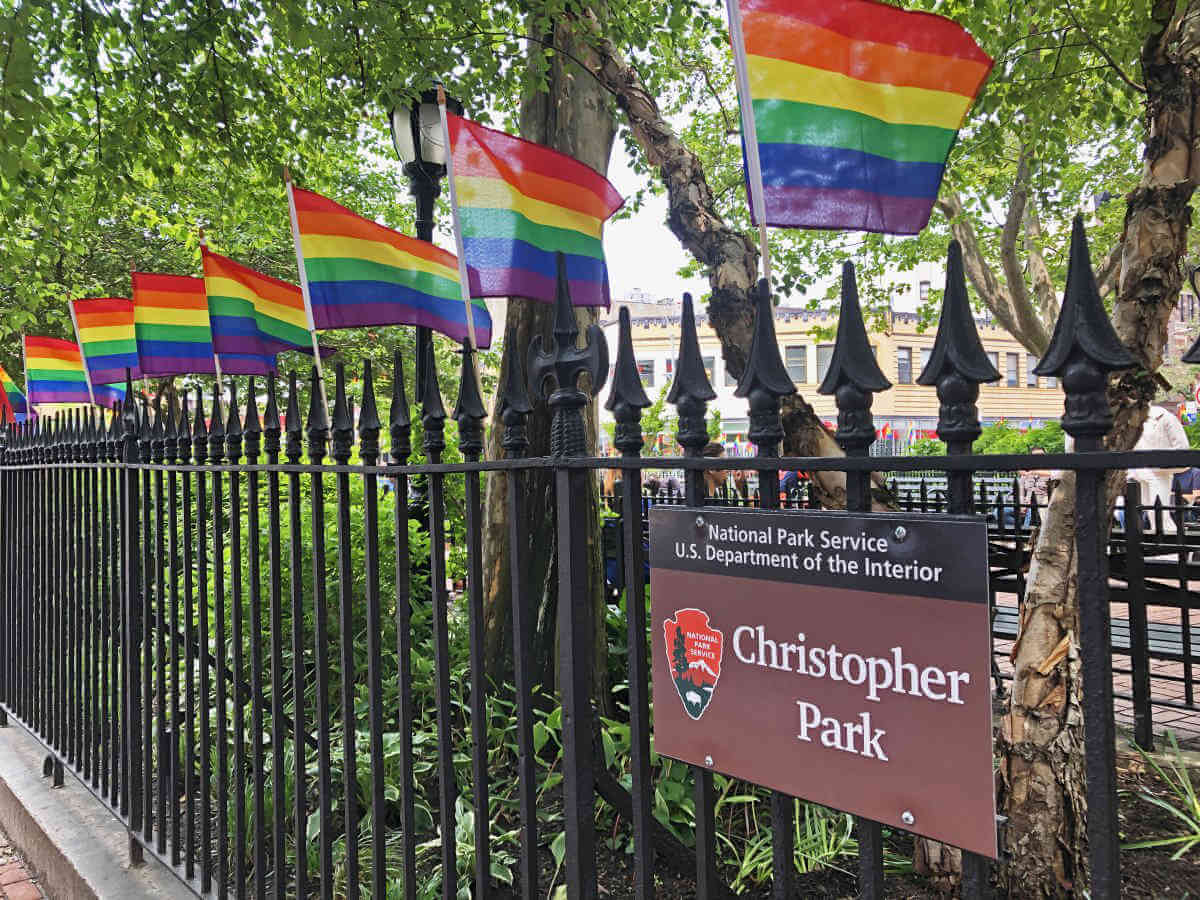
Prompted by the headlines of Stonewall’s anniversary and Black Lives Matter, maintenance workers, retirees and young students raised their hands when asked about the relationship between social movements and democracy at a free class at the Brooklyn Library.
They were weighing in on how social actions can change the course of a nation.
And their professor, Nara Roberta Silva, summed up the discussion earlier this month, saying, "Social movements have the potential to be the beginning, middle and the end of any civilization."
Roberta Silva is among 17 faculty members teaching at University Open Air, where the Brooklyn Library and Prospect Park Alliance offer free classes on Tuesdays, Thursdays and Sundays in the Prospect Park Rose Garden. The new initiative offers students of all ages instruction on everything from yoga to math under the guidance of immigrants from various countries.

University Open Air serves as a reminder that New Yorkers can glean knowledge from immigrants amid a climate that has, at times, been hostile toward newcomers, according to Jakab Orsos, vice president of the library’s arts and culture, who helped launch the initiative.
“The whole project is a metaphor,” said Orsos, an immigrant from Hungary. “It is a profound learning process. You learn by someone who is still drifting here, who is not fully rooted."
For professor Roberto Garay, the university is an opportunity to share his own research on immigration via a course called Political Ideologies in Latin America. Originally from El Salvador, Garay, who has a doctorate in political science, has spent years traveling the world and teaching courses on political ideologies. He moved to the U.S. five years ago to be closer to his sister and his mother, who has Alzheimer’s.
“It’s not a simple problem,” Garay said of immigration. "Immigration is a human phenomenon, but now in U.S., it’s not human; it’s political … The most important thing for politicians are votes."
Students in his course ranged from those in their 20s to others in their 70s, all of whom offered insights into how immigration has influenced countries and democracies throughout history. Some discussed Cuba’s political history and compared it to the likes of Russia, Germany, Venezuela and the United States.
Brooklyn resident Paula Davis, 73, said she attended several classes, which she described as excellent and engaging.
“It’s very mentally stimulating. It gets us out of the house and away from ‘Dr. Phil’ and ‘One Life to Live’ or whatever people watch these days,” Davis said. “The professors are really well-informed in the topics they’re discussing. You can really see their love for the topic and join their enthusiasm."
Although the current session of University Open Air ends June 29, Orsos plans to bring it back soon. The subjects taught and number of courses may be different, he said, but he plans to continue focusing on open-air learning and educators who bring in unique perspectives, including immigrants and retired professors.
"I’m seriously thinking about bringing it back for the winter and the summer, too," he said. "I’m amazing how receptive people are to the idea of just coming in, sitting in, to learn about something specific."
Register online at https://www.bklynlibrary.org/university-open-air





































